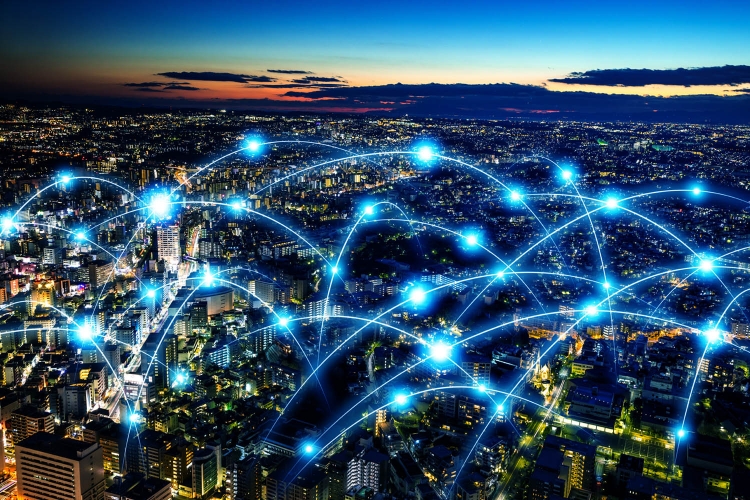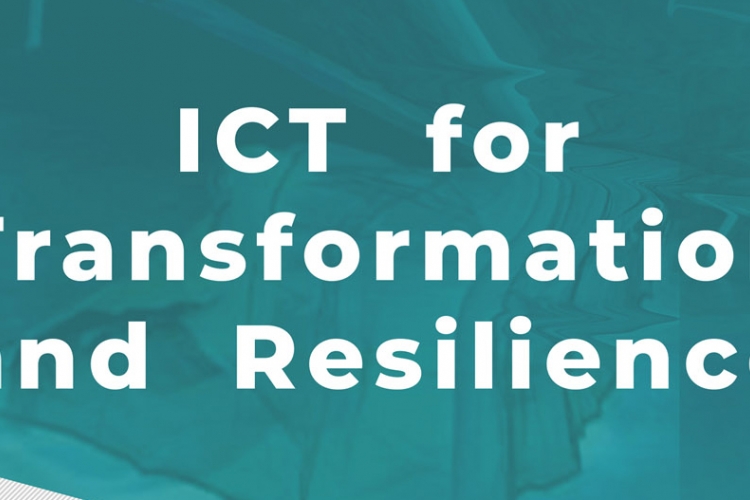Guides on integrating gender into infrastructure development in Asia and the Pacific
Infrastructure underpins core economic activity and is an essential foundation for achieving inclusive and sustainable economic and social growth as it enhances access to services, education and work opportunities. Yet the world in which we live is fundamentally unequal. It is designed, built and maintained without considering the needs of all members of our society, including the most vulnerable. Gender-blind infrastructure often empowers men but impedes women and girls’ ability to contribute equally in society.







